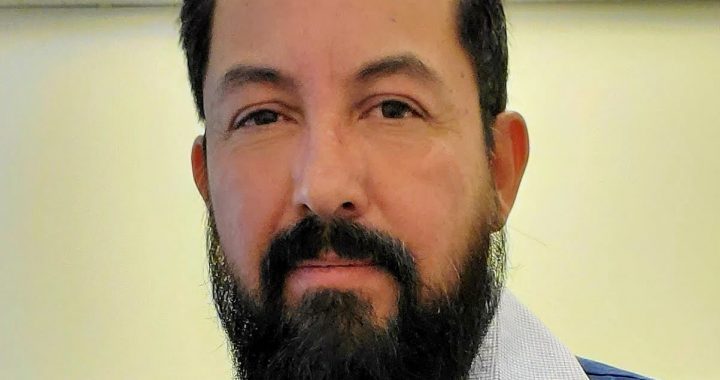by William Torres, former Research Manager at Cattleland Feedyards
Bloomberg reported on December 17, 2021, that Tyson, the largest US meat company has invested in a startup (Future Meat Technologies) to make cell-grown chicken and beef. This news makes me wonder where the future of our industry is headed.
From a business perspective, Tyson is looking at its long-term strategies and diversifying its portfolio. However, what message is the company sending to producers in North America?
Well, just like the automotive industry considered the implications of fuel alternatives for vehicles, packers need to consider how they’re going to meet the global demands for protein. If traditional protein can’t be sourced in some parts of the world, maybe a “hybrid” model can fill that gap.
I’ve only consumed beef alternatives probably three times in my life, only to be as disappointed (as I expected). Growing up in a household of carnivores, our definition of beef alternative was pork or chicken. What worries me is that if “we”, the traditional industry, don’t stay engaged, companies like Tyson, Memphis Meats, Future Meat, Beyond Meat, Field Roast, etc., will run their course without knowing what it takes to make cell-based alternatives a palatable choice. We don’t know if scientists have any knowledge of or background in cattle genetics, and how cross-breeding can turn a good steak into a great steak. I mean, do they understand marbling and tenderness? And how some producers work for generations selecting the right genetics to achieve that desirable carcass that packers and consumers are looking for?
Our great industry will never disappear because, let’s face it, no-one raves about how awesome a lab-grown meat-LIKE patty is; and meat consumption worldwide continues to increase along with the global population. Unless these companies can also grow bone in the lab, consumers will never have the same bone-in-rib eye experience.
So what’s the answer? Maybe we should help these companies understand that the right selection of genetics is the foundation of their future. After all, if it’s “cell-grown”, they must source those cells from real animals—animals that will continue to be selected, bred, raised, and slaughtered. In a video promoting lab meat, the host asks, “Are animals really necessary to consume protein?” Well, Yes. These proteins need starter cells that must be sourced somehow.
I mentioned staying engaged. Here are some of the opportunities I see:
• Think about whether your operation wants to be the source of these cells;
• Guide the next generation to study genetics from an alternative market view;
• Start a cell bank;
• Lobby for our right to have a say;
• Become an ambassador and help educate the public;
• Become a certified sustainable operation;
• Tell our story;
• Etc., etc.
The public consumes many alternatives to other animal products, such as soy milk, almond milk, sunflower seed butter, almond butter, soy butter, and dairy-free cheese but the original items are still around.
Cattle are an essential part of our ecosystem. How we participate in the future of our industry is in our hands. We can either fuss about it and ignore it or we can guide, advise and be at the table. As GI Joe said, “Knowing is half the battle”.

